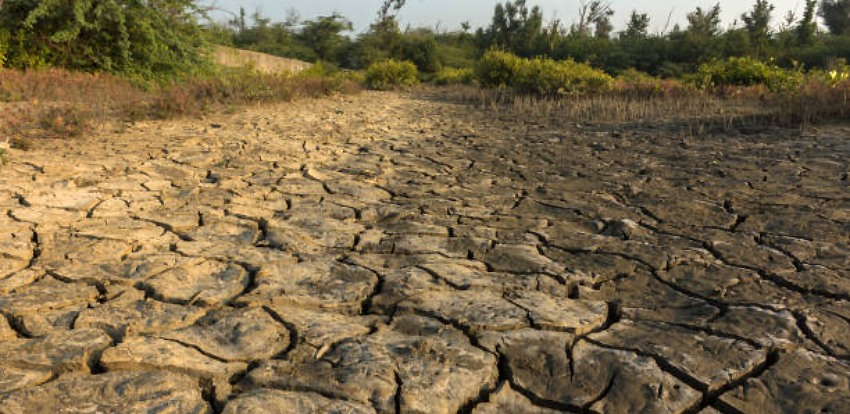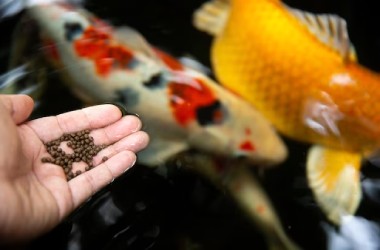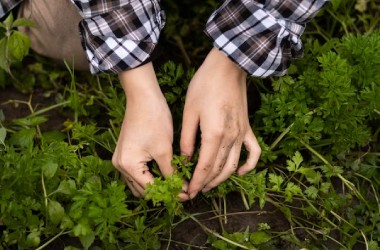
Join us as we delve into the implications of livestock agriculture on land degradation. Today, we focus on deforestation, land-use change, land management, their links to limited natural resources, global warming, and climate change. Understanding these connections is crucial for conscious individuals like you who care about the environment. So let's explore the facts.
Livestock agriculture is a significant driver of deforestation worldwide. The conversion of forests into cropland or pastureland contributes to habitat clearance, loss of biodiversity, and species extinction. It's a sobering reality we must confront.
The extensive land required for livestock production is staggering. Approximately half of the ice-free land area on Earth is dedicated to cropland or pastureland. Animal foods, including milk, dairy products, and animal fat, have exceptionally high ecological footprints. Animal products alone account for a substantial portion of land use, with estimates suggesting as high as 87%.
Culturing terrestrial feed crops for large-scale livestock and aquaculture operations significantly contributes to land deterioration. Meat and fish production alone is responsible for nearly half (44%) of land degradation. In addition, the United States, a major agricultural producer, allocates a significant portion of its cropland to livestock feed or exports, exacerbating the issue.
The consequences are alarming.
Soil Erosion and Degradation. Intensive monoculture crop production leads to rapid soil erosion, with approximately 90% of cropland losing soil at unsustainable rates. Even US pastureland suffers from overgrazing and accelerated erosion, impacting soil health and productivity.
Carbon Stock Loss. Land-use change, particularly forest conversion, contributes to significant carbon emissions. Deforestation alone is estimated to account for approximately 2.9 Gt CO2 emissions globally each year, exacerbating climate change and its far-reaching effects.
It's time to take action.
Support sustainable land management practices prioritizing soil conservation, agroforestry, and regenerative farming methods.
Choose plant-based alternatives and reduce meat consumption to alleviate the pressure on land resources and promote biodiversity conservation.
Share this post to raise awareness about the environmental implications of livestock agriculture on land degradation. Let's advocate for responsible land use practices and work together toward a more sustainable future.







.jpg)





